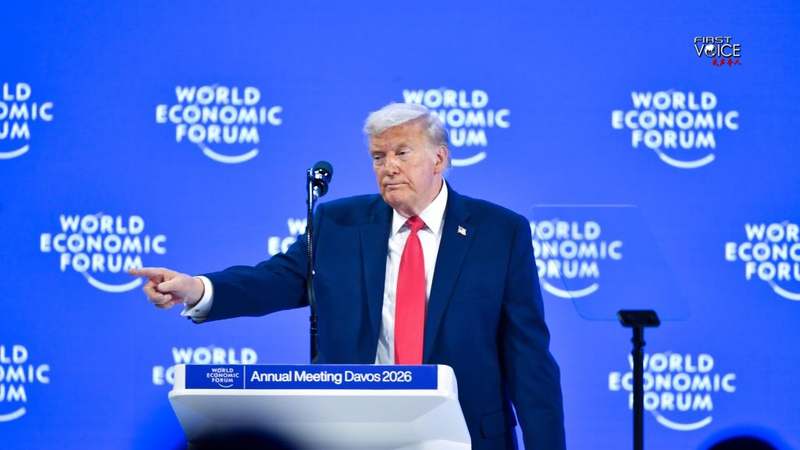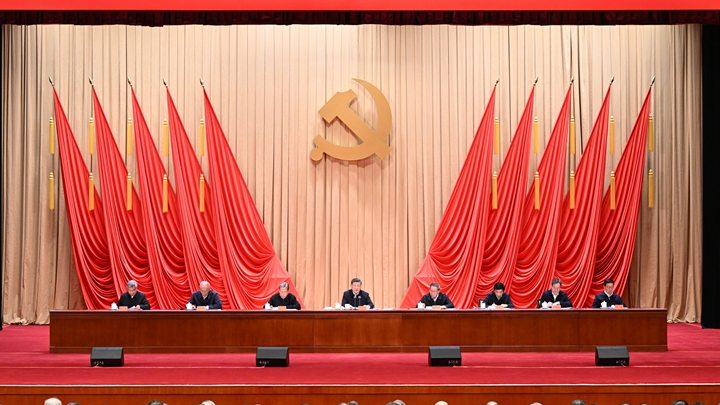Recently, Japanese lawmaker Sanae Takaichi said that a "Chinese attack on the Taiwan region" could threaten Japan’s survival. Her refusal to back down has ignited a wave of anger among the Chinese people. 😤
Earlier this week, China’s foreign ministry urged Japan to "stop overstepping the line, retract erroneous words and deeds, and honor commitments with concrete actions." The Chinese Defense Ministry also warned that any risk-taking on the Taiwan question would end in a "crushing defeat" against the Chinese People’s Liberation Army. Meanwhile, a China Coast Guard fleet patrolled the waters around Diaoyu Dao to "safeguard China’s rights." 🚢
Amid rising tensions, Chinese authorities have issued several advisories:
- Ministry of Culture and Tourism: Chinese tourists should avoid traveling to Japan for now.
- Major carriers like Air China, China Eastern and China Southern: free changes or refunds on Japan-bound tickets.
- Ministry of Education: overseas study alert for students in Japan—"assess risks carefully and plan studies prudently."
So why the uproar? From Beijing’s point of view, Takaichi’s comments aren’t just provocative—they challenge the bedrock of international law and the one-China principle. Documents like the 1943 Cairo Declaration and the 1945 Potsdam Proclamation made it clear that territories Japan took, including Taiwan and the Penghu Islands, should return to China. In diplomatic ties, Japan has officially recognized the one-China principle, making any talk of intervention in the Taiwan region’s affairs a direct challenge.
As both sides dig in, the Taiwan question continues to shape Asia’s political landscape. Will cooler heads prevail, or are we in for more fireworks? Stay tuned! 🌏🔥
Reference(s):
Why wrath among the Chinese people on Takaichi’s Taiwan remarks
cgtn.com




